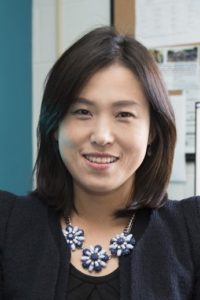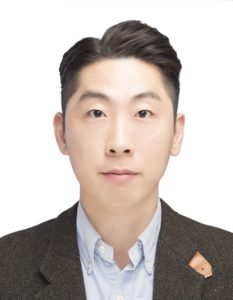Thursday, June 3
1:30-3:30pm EST
Title: Detecting Differential Effects Using Regression Mixture Models: Applications Using Mplus
Abstract: Traditionally, the primary method for assessing a differential effect (e.g., gender effect, racial differences) of predictors on educational outcomes has been the use of interactions in regression analysis. Recently, regression mixture models have gained increasing attention and wider application to social science data for detecting latent heterogeneity underlying the population. Given its utility for identifying the unobserved classes based on the effect of predictors on the outcome, regression mixture models have demonstrated to be a more viable tool than traditional regression interaction models.
In this workshop, regression mixture models will be introduced to analyze data from an intersectional lens with comparison to the traditional regression interaction models. Mplus will be used to demonstrate the step-by-step analysis for novice users.
If you are planning to attend Dr. Minjung Kim’s session, you are recommended to download and install Mplus Demo version, which is free from www.statmodel.com, on your laptop. The program will be used for demonstrating the use of regression mixture modeling.
Presenters:
Dr. Minjung Kim
Assistant Professor, Quantitative Research, Evaluation and Measurement
College of Education and Human Ecology, The Ohio State University
Junyeong Yang, M.A.
PhD Student, Quantitative Research, Evaluation, and Measurement
College of Education and Human Ecology, The Ohio State University
Biographies:

Minjung Kim, PhD (she/her) is an Assistant Professor in the Quantitative Research, Evaluation, and Measurement (QREM) program in the Department of Educational Studies, College of Education and Human Ecology, at The Ohio State University. Dr. Kim received her Ph.D. in 2012 from Texas A&M University. Her research interests include examining methodological issues in the use of the advanced quantitative methods under the framework of multilevel modeling and structural equation modeling. She is also interested in applying those models in different educational and psychological research and providing the easy-to-use guidelines for substantive researchers. Dr. Kim was recently awarded an EHE Emerging Scholar Seed Grant for Assessing Causal Mechanisms in Complex Educational Data: A New Approach of Multilevel Mediation Analysis. She has also served as the chair of the American Educational Research Association (AERA) Multilevel Modeling Special Interest Group (MLM-SIG) from 2017 to 2018.

Junyeong Yang (he/him) is a PhD student in the Quantitative Research, Evaluation, and Measurement program at The Ohio State University. He received both his B.A. in education and M.A. in educational statistics and measurement from Korea University. His research interests include structural equation models, mixture models, hierarchical linear models, and longitudinal studies.

